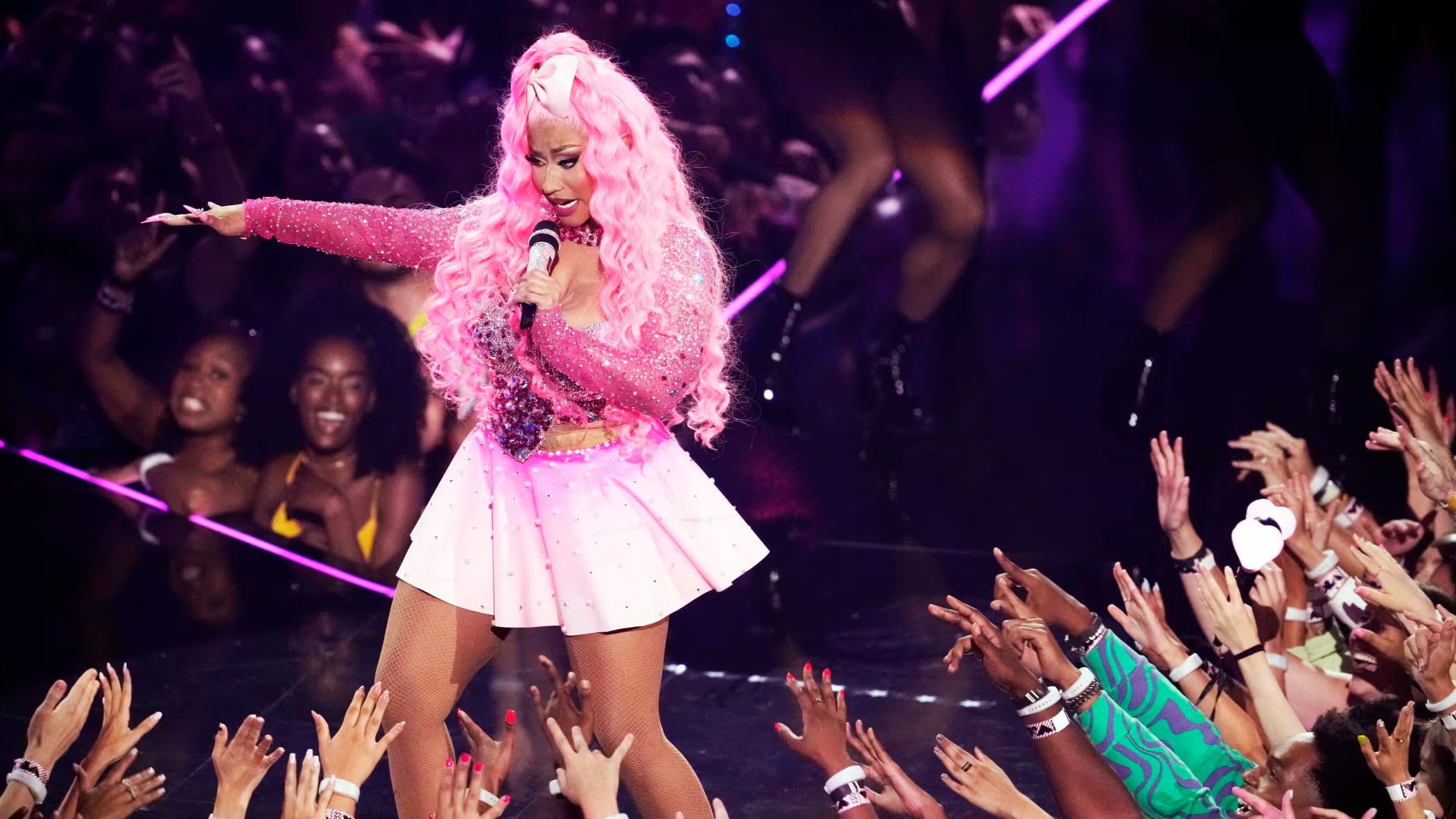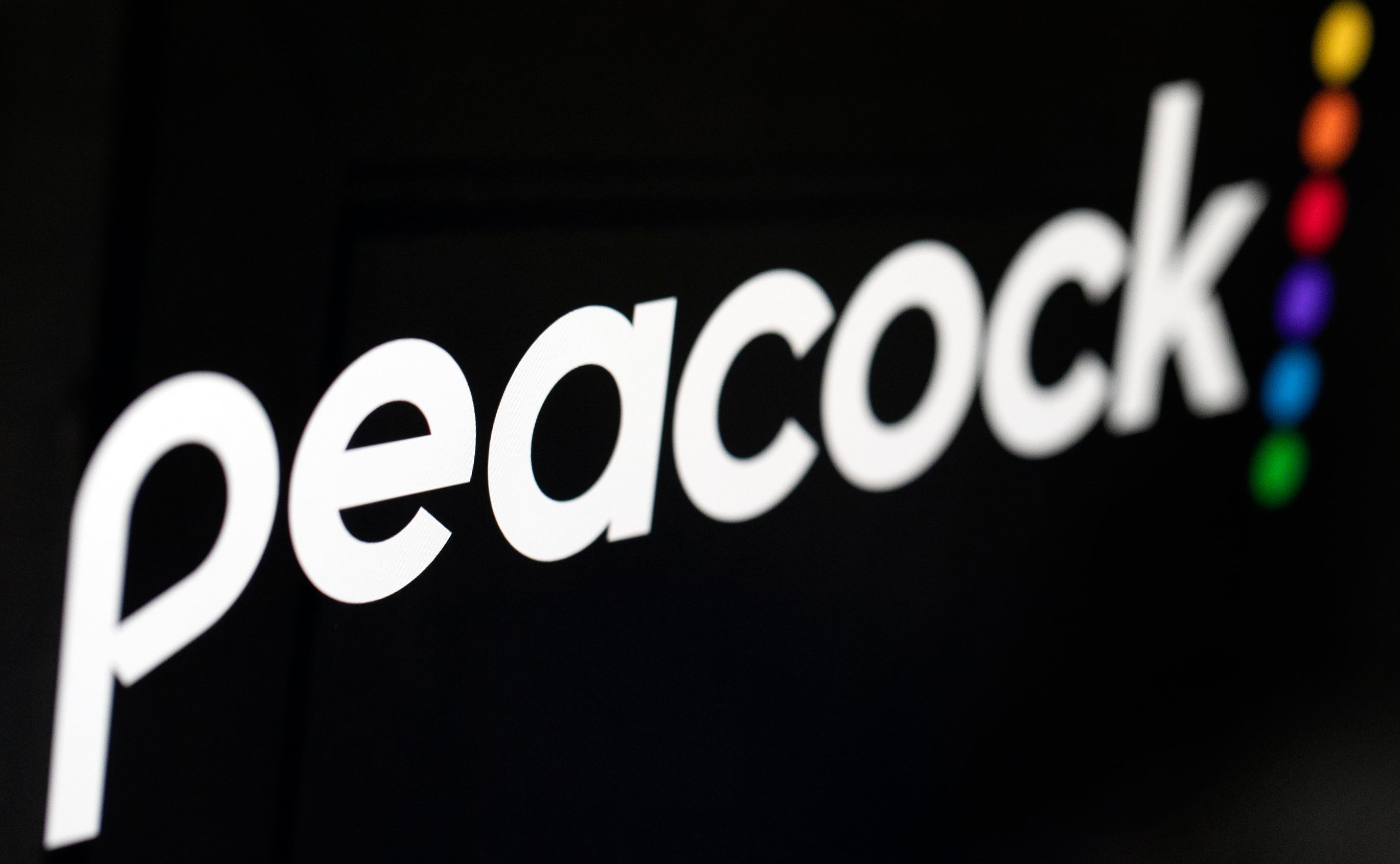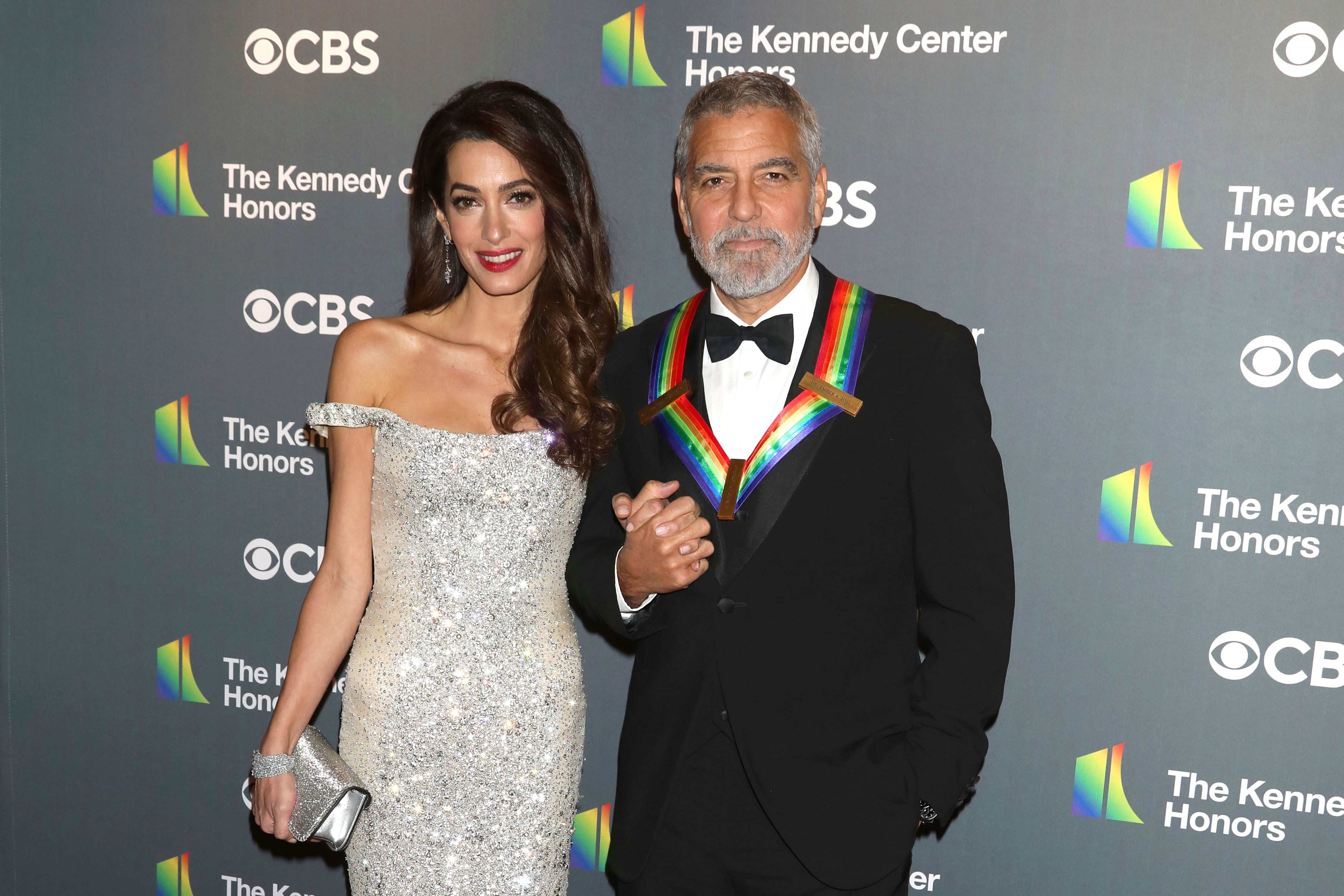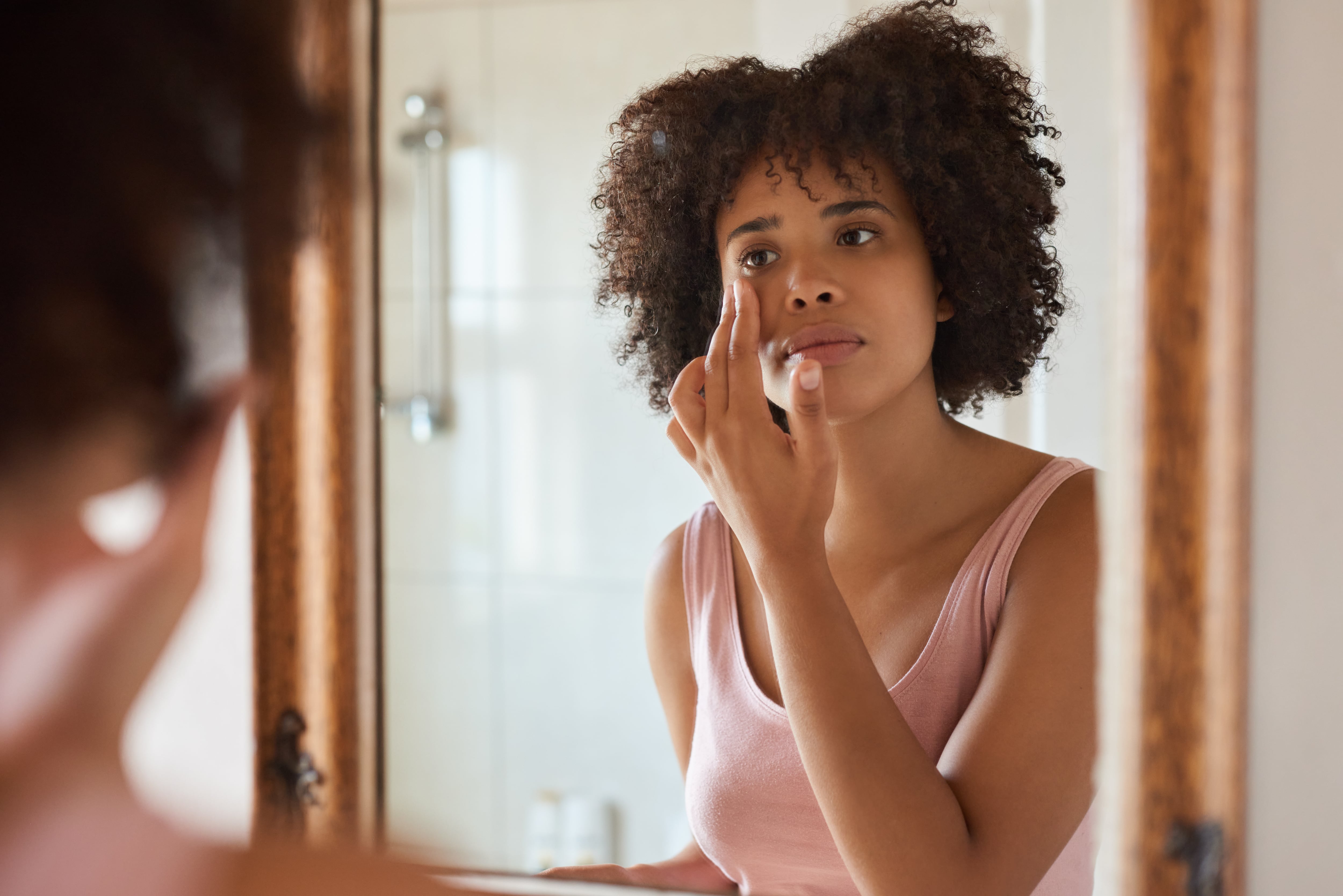President Donald Trump has ordered TikTok to be effectively banned in the U.S. in less than six weeks unless an American company, namely Microsoft, can acquire it. The administration is concerned that the social media platform's parent company, China-based ByteDance, could share the personal information of millions of Americans with the Chinese government.
But TikTok’s chief security officer Roland Cloutier tells Cheddar the fears over foreign government interference are unfounded.
“Let me be clear, TikTok’s number one focus is on the safety and security of our community, the users we serve all over the world,” Cloutier told Cheddar. “And at no time have we ever given any information to the Chinese government, and if they asked, we would say no. So no, I do not believe we are a national security threat in any way.”
While TikTok had been growing in popularity, the video editing social media app boomed during the pandemic as people stuck at home sought a creative outlet. In 2020 alone, TikTok has been installed 701.2 million around the world, including 56.3 million times in the U.S., according to app analytics company Sensor Tower. It’s brought in $539.4 million in gross revenue globally this year alone.
“The short videos are perfect for micro-consumption,” said Maryann Stump, executive strategy director at branding agency FutureBrand NA. “It’s being referenced in everything from memes, advertising, pop culture, brand activations, and has become an even bigger, global phenomenon, rising in the ranks in the quarantine's new normal. From a social media perspective, TikTok is literally what is next as Facebook, Twitter, and Instagram mature.”
In an executive order on Thursday, Trump said TikTok captures user data from its users, like their online activity, location, and search histories. The order says the app “threatens to allow the Chinese Communist Party access to Americans' personal and proprietary information — potentially allowing China to track the locations of Federal employees and contractors, build dossiers of personal information for blackmail, and conduct corporate espionage.”
The order banned TikTok from operating in the United States within 45 days unless it is sold by Chinese parent company ByteDance. Microsoft confirmed it is in talks to buy the app’s U.S., Canadian, Australian, and New Zealand operations, though it may be looking to purchase the entire company per Financial Times.
“Right now, it's impossible for TikTok to reach its full potential in terms of users and advertisers because everyone is spooked by the bad news that's constantly surrounding it and its data safety issues,” said Scott Harkey, co-founder and managing partner of advertising agency OH Partners. “However, I know for a fact that there is a great deal of pent up demand from brands that are just waiting for it to implement better data security measures before they join. In the meantime, there are legal teams all over the country telling brands to stay far away from TikTok, and that won't go away until they resolve those issues.”
TikTok stores all U.S. data on American servers and keeps backups in Singapore, assured Cloutier, who reiterated the company has never worked with the Chinese government, let alone passed on information. For the Chinese government to request user data, he says it would need to go through the U.S. Department of Justice or the FBI. All of TikTok’s data collection practices are listed in its privacy policies and transparency reports.
“We collect considerably less information than most of our competitors in the market,” he added.
In addition, its algorithms — which critics fear could be used for propaganda or to manipulate youth mindset — are safeguarded to prevent interference from outside parties, Cloutier said. TikTok does not allow political advertising.
“Our platform is a happy place to come to because we ensure that there is limited opportunities [for bad acts],” he explained. “We use incredible machine learning on the outside of our platform to detect inauthentic automation against the platform or people who would use bots to do certain acts to maybe spread disinformation. We stop them before they come in.”
This week Facebook released Reels in the U.S., a TikTok-like Instagram feature that also allows people to edit videos easily. Cloutier said his company welcomes the competition, pointing out that this is the second time that Facebook has attempted to take on the company after it shut down Lasso, another TikTok-like feature, in July.
“Our only objective is to remain a very vibrant, dynamic platform for everyone to enjoy. Consumers really can only benefit from the growth of healthy, successful platforms like TikTok.”
Watch the full interview:












